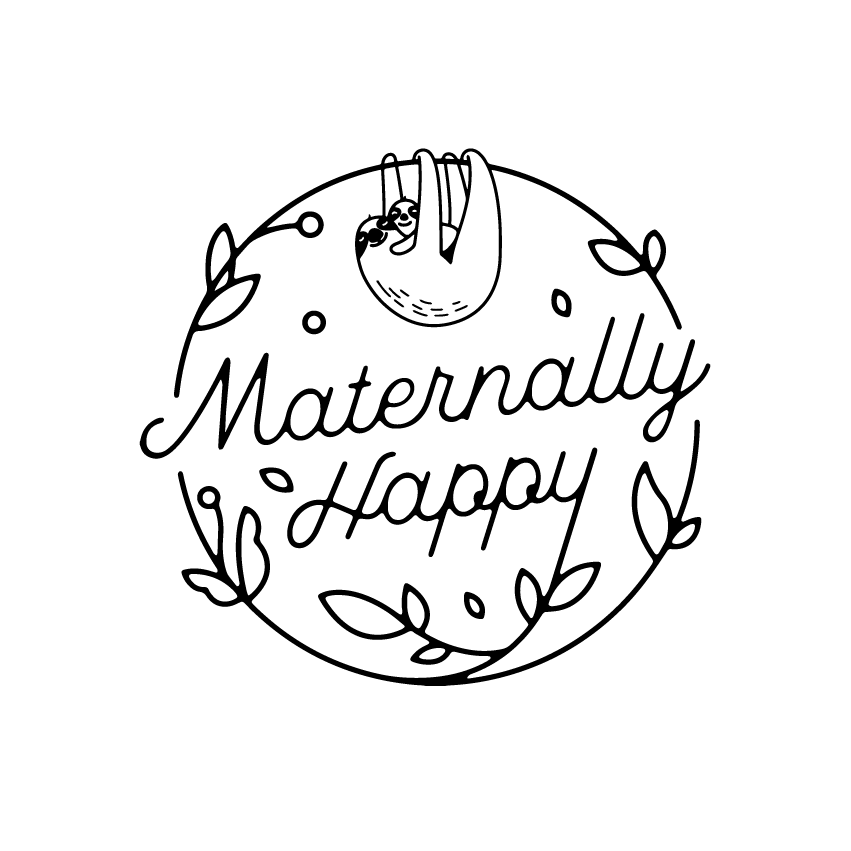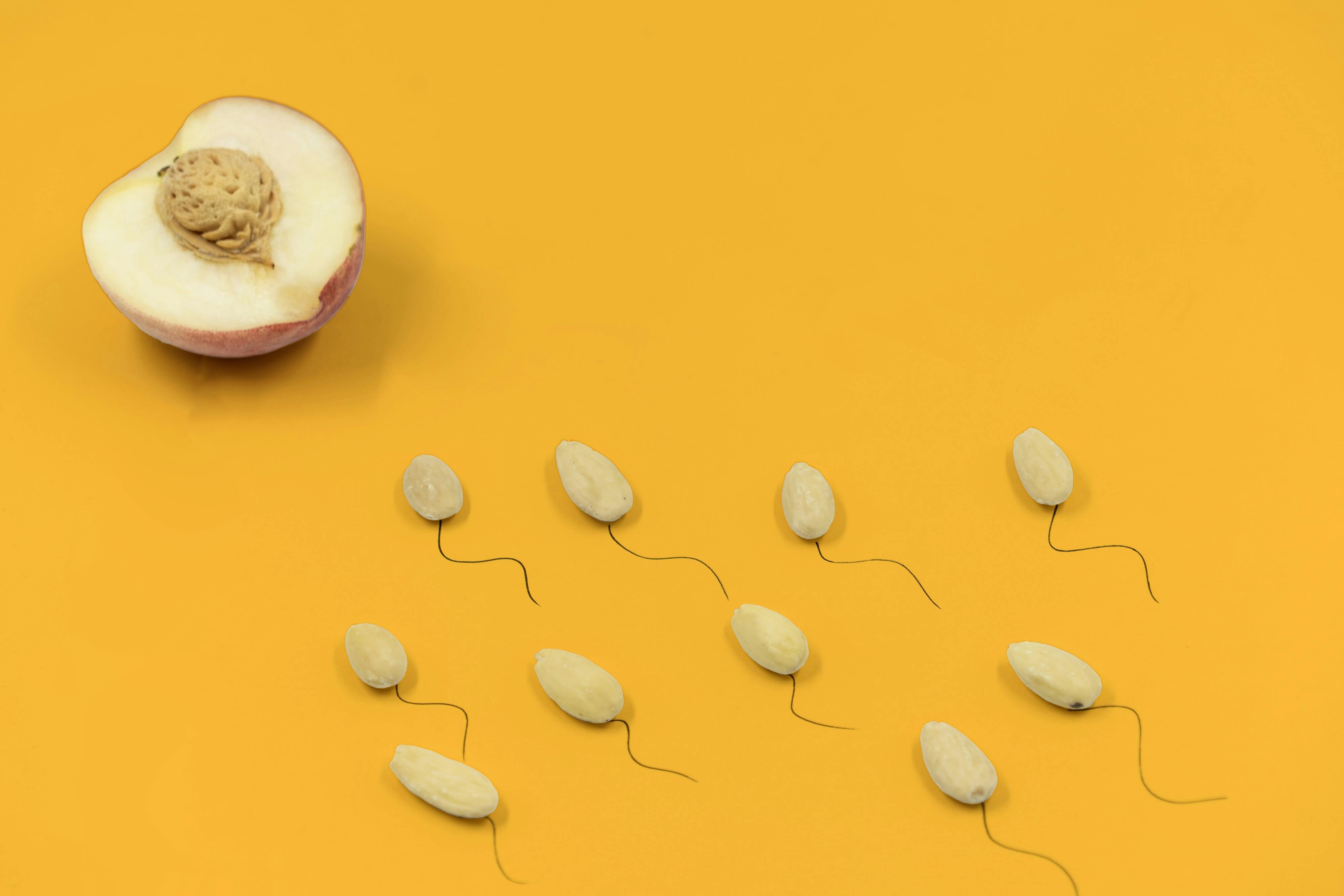



Article: 12 Ways to Improve Sperm Health for Fertility & Conception

When it comes to fertility, most conversations focus on women’s health - from preconception to pregnancy and beyond. But here’s the truth: it takes two to conceive, and male reproductive health plays an equally important role in family planning.
Healthy sperm contributes to:
Overall preconception wellbeing
It takes about 3 months for men to produce or regenerate new sperm. That means the lifestyle and nutrition choices made in the 90 days before conception can have a direct impact on sperm health, motility, and overall quality.
Sperm health can be influenced by:
Explore targeted male supplements: Nutrients such as Coenzyme Q10, Myo-Inositol, L-Arginine, and L-Carnitine are being studied for their roles in sperm health and motility. Supplements should always be taken under guidance of a health professional.
Male reproductive health is an important part of the preconception journey. Simple changes to diet, lifestyle, and supplement routines in the three months before trying to conceive may help support sperm health, motility, and overall wellbeing.
About the Author
Caitlin Gilmore: Nurse, Midwife & Nutrition Consultant

Caitlin is the founder of Maternally Happy, an Australian wellness brand specialising in bioavailable supplements, prenatal vitamins, and evidence-based resources designed to support women from preconception through postpartum.
With qualifications as a Nurse, Midwife, and Nutrition Consultant, Caitlin combines over a decade of clinical experience with nutritional expertise to deliver trustworthy, research-backed advice. Her writing focuses on fertility, pregnancy, postpartum recovery, and hormonal health - helping women cut through the confusion with practical, evidence-based information.
When she’s not formulating practitioner grade supplements or supporting her community, you’ll find her enjoying a chai latte, hiking in nature, or spending time with her family, friends, and two border collies.